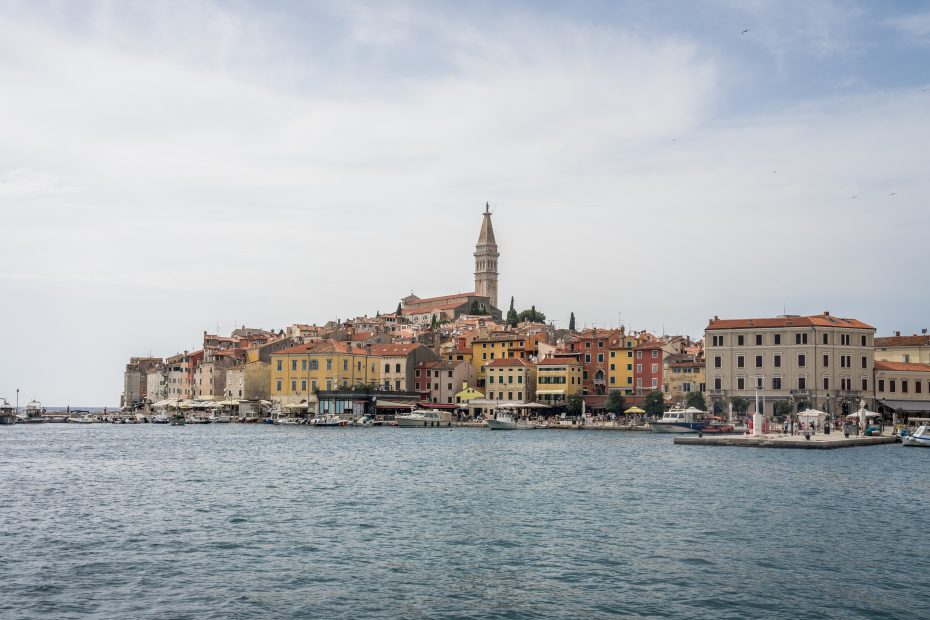Equatorial Guinea, located in Central Africa, is a small country packed with immense biodiversity. As one of the most biodiverse nations per square kilometer globally, it offers an exciting destination for eco-tourists seeking to experience nature while supporting local communities. Let’s explore the country’s rich wildlife, top eco-friendly destinations, sustainable tourism practices, and the future of eco-tourism in Equatorial Guinea.
Table of Contents
Equatorial Guinea’s Rich Biodiversity
Over 90% of Equatorial Guinea is covered in lush rainforests, home to a diversity of unique flora and fauna. Gorillas, chimpanzees, forest elephants, slender-snouted crocodiles, and drill monkeys are just a few of the endangered species that inhabit its jungles. The country has one of the highest levels of endemism in Africa, with several bird and primate species found nowhere else on Earth.
Its biodiverse coastal regions contain nesting sea turtles, humpback whales, Atlantic marine turtles, and estuaries teeming with fish. Mangrove forests line the shores, providing critical habitat for aquatic species. Overall, the country’s ecosystems host an astounding variety of birds, mammals, amphibians, insects, and plants within a compact area.
Top Eco-Tourist Destinations
For wildlife viewing, Monte Alen National Park protects Equatorial Guinea’s largest tract of rainforest. Visitors may spot forest elephants, chimpanzees, gorillas, and more. Corisco Bay offers excellent birdwatching with over 100 migratory and resident species.
Rio Muni on the mainland provides adventurous jungle trekking opportunities to observe wildlife in their natural habitat. Bioko Island’s lush rainforests and black sand beaches provide a beautiful landscape to search for endemic primate species.
Eco-Friendly Activities
Eco-tourists can partake in various activities that minimize environmental impact. Wildlife viewing from boats or designated trails prevents disruption of animal habitats while allowing visitors to appreciate nature. Guided jungle hikes explore the interior rainforests sustainably. Scuba diving and snorkeling offer encounters with sea turtles, tropical fish, dolphins, and whales.
Participating in community-based tourism supports local indigenous groups. This may involve homestays, cultural tours, purchasing handicrafts, and dining on traditional cuisine. Engaging respectfully with communities provides insight into cultural traditions.
Sustainable Tourism Practices
It’s vital to follow responsible eco-tourism principles in Equatorial Guinea to conserve its fragile ecosystems. Supporting local communities economically, respecting indigenous culture, and minimizing harm to the environment are key.
Visitors should ensure tour companies follow best practices, including hiring local guides, contributing to community development, and providing environmental education. Choosing eco-certified, low-impact accommodations and avoiding waste minimizes harm. Following park regulations helps protect wildlife and habitats.
Challenges Facing Eco-Tourism
However, challenges remain for sustainable tourism. Deforestation for timber and agriculture threatens biodiversity. Poaching endangers wildlife populations. And limited infrastructure can constrain tourism development in a responsible manner.
The Future of Eco-Tourism in Equatorial Guinea
But the future looks bright for eco-tourism done right. The government has prioritized environmental protections, expanded national parks, and promoted community involvement in tourism.
As Equatorial Guinea gains international renown as an eco-tourism destination, visitors increasingly recognize their role in supporting its sustainability. With prudent tourism policies and practices, the country’s immense biodiversity will be preserved for future generations.
The time to witness Equatorial Guinea’s eco-tourism wonder is now! Discover this tropical paradise brimming with life responsibly and sustainably.
Conclusion
In conclusion, Equatorial Guinea offers intrepid eco-tourists a chance to immerse themselves in nature while supporting local communities. By participating in sustainable activities, following eco-friendly principles, and recognizing the challenges ahead, visitors can help protect the country’s astounding biodiversity for the future. Eco-tourism done right provides the opportunity to discover Equatorial Guinea’s natural wonders sustainably.
FAQs
What are some unique animals to see in Equatorial Guinea?
Some unique endemic animals include drill monkeys, slender-snouted crocodiles, and several species of birds found only in Equatorial Guinea’s rainforests. The coastal waters also contain humpback dolphins and marine turtles that nest on its beaches.
What sustainable tourism practices should I follow in Equatorial Guinea?
Some best practices are supporting local communities economically, minimizing waste, following park regulations, avoiding disruptive behavior towards wildlife, and choosing eco-certified tour companies that adhere to responsible tourism principles.
Which national park is best for seeing gorillas and chimpanzees?
Monte Alen National Park contains some of the best primate viewing opportunities in West Africa. Visitors may be able to spot western lowland gorillas, chimpanzees, and other primates in their natural habitat.
What is community-based tourism in Equatorial Guinea?
It involves supporting local indigenous communities directly by staying in homestays, purchasing handicrafts, hiring local guides, participating in cultural tours, and dining on traditional dishes. This provides economic benefits and cultural exchange.
How can I make sure my visit supports eco-tourism sustainability?
Choosing tour operators committed to eco-tourism principles, following park rules, minimizing waste, supporting local economies, and avoiding disruptive behavior towards wildlife and habitats will ensure your visit supports sustainability.
